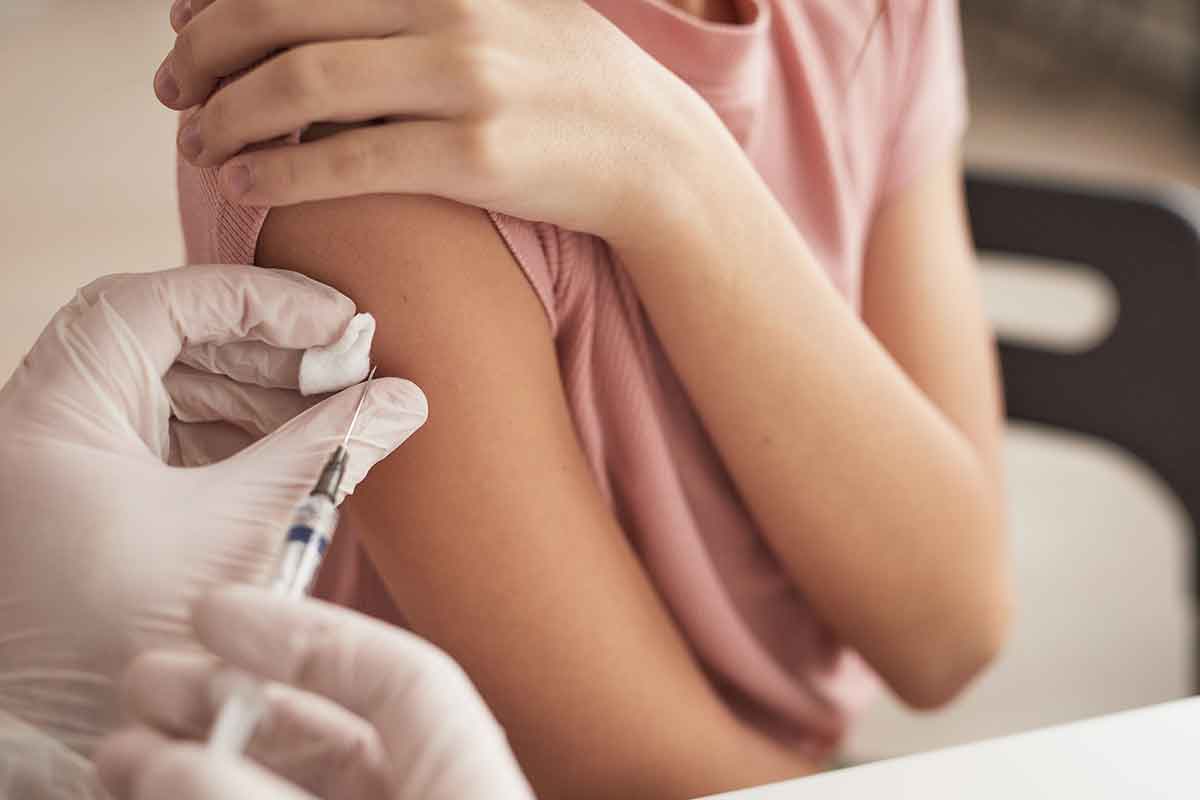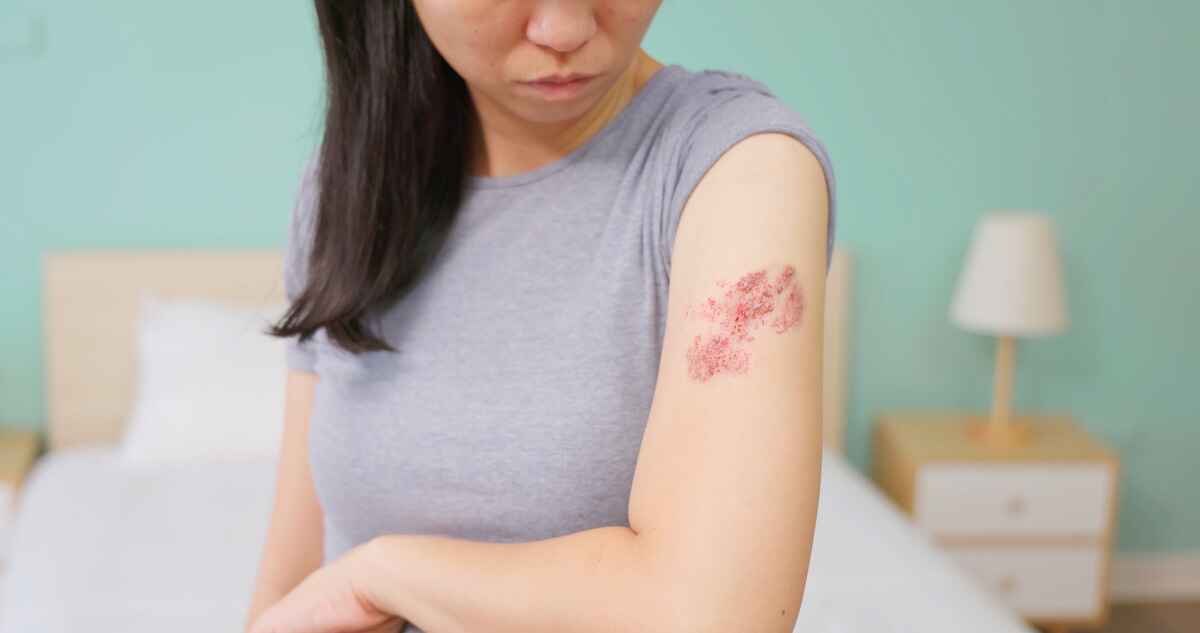It’s not often we have the tools to prevent cancer. The human papillomavirus (HPV) vaccine can do just that. HPV is the most common sexually transmitted infection and can lead to warts, cervical, vaginal and penial cancer as well as cancer of the neck and throat. While there are treatments for cancer, there is no treatment for HPV.
HPV misconceptions
Despite the vaccine’s benefits, some parents may feel uncomfortable getting their child vaccinated due to a common misconception that it will lead to promiscuity. Northeast Medical Group pediatrician Renu Boatright, MD, said that’s simply not true.
“If there was an ability to get a vaccine to protect against lung cancer, would that be something we would be interested in? I think most people would say yes. It’s applying that same type of logic to these type of cancers,” Dr. Boatright said. “It is a huge benefit to be able to prevent a common and deadly disease.”
Another misconception is that patients should wait until they are sexually active to get the vaccine. Dr. Boatright said most people infected with HPV acquire the virus with their first sexual encounter, so it is especially important to administer the vaccine before that happens.
HPV Vaccine recommendations
The vaccine recommendation is for both boys and girls as young as 9-years-old, but most families wait until their child is between 11 and 12. Recommendations for the vaccine schedule also change depending on age:
- For those under 15, two doses are recommended with six months between each dose.
- For those older than 15, three doses are recommended with the second dose administered at least two months later and the third dose at least six months after the first dose.
- Those who are immunocompromised may need a three dose series.
- Kids can get the vaccine along with other common immunizations.
Over 120 million doses have been administered in the U.S. Some common side effects include redness, pain or swelling at the injection site, along with dizziness or fainting. However, Dr. Boatright said those are also common side effects associated with other vaccines including the ones for tetanus or meningitis. To be on the safe side, patients wait at their doctor’s office for 15 minutes after getting their vaccine.
While more families are opting to vaccinate against HPV, Dr. Boatright said there is still some work to do. It is not a required vaccine for schools and so the uptake for other immunizations are much higher. If parents have questions or concerns, they should speak with their pediatrician. Dr. Boatright said speaking with a trusted professional could help families feel confident in their decision to vaccinate their kids and help protect them against cancer.





